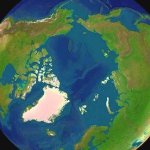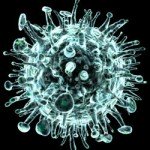
Scientists have long understood the key role that oceans play in regulating the Earth’s climate. Oceans cover 70 percent of the globe and store a thousand times more heat than the atmosphere does. . . . → Read More: The Oceans
|
||||||
 Scientists have long understood the key role that oceans play in regulating the Earth’s climate. Oceans cover 70 percent of the globe and store a thousand times more heat than the atmosphere does. . . . → Read More: The Oceans  It’s impossible to pin a single weather event on global warming, since weather fluctuates naturally. Trends, however, are a different story. Climate models predict a trend of more wild weather. Global warming loads the dice to roll “heat waves” or “intense rainstorms” more often than milder “warm days” or “gentle rains.” . . . → Read More: Heat Waves  Smog forms when sunlight, heat and relatively stagnant air meet up with nitrogen oxides and various volatile organic compounds. Exposure to smog can do serious damage to our lungs and respiratory systems. Inflammation and irritation can cause shortness of breath, throat irritation, chest pains and coughing and lead to asthma attacks, hospital admissions and emergency room visits . . . → Read More: Air Pollution  The Arctic is critical to the globe’s climate and influence temperatures everywhere. It sounds counter-intuitive, but the Arctic plays a primary role in distributing heat around the world through what is known as the “heat pump.” . . . → Read More: The Arctic is warming up  Hantavirus outbreak in the Southwest U.S. suggests how global climate change can lead to rapid spread of disease. (CDC) . . . → Read More: Diseases Spread as Climate Changes |
||||||
|
Copyright © 2024 weirdcorner-best weird and funny photos,videos and articles - All Rights Reserved |
||||||